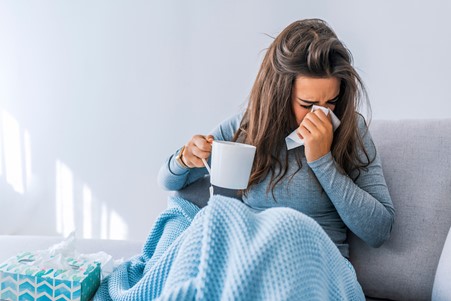by Analise Magri – Paralegal
Perhaps the most common measure adopted by governments worldwide over the past two years has been, quarantine.
As a result of such a forceful measure, millions of people at some point or another are forced to remain confined to their homes either due to a positive swab test result or due to their close contact with someone who tested positive for coronavirus. This measure has left several consequent ripple effects especially on employers and employees.
With employees being restricted to their homes on a daily basis, the novel of “quarantine leave” was introduced.
According to Subsidiary Legislation 452.101, quarantine leave is “leave to be granted to the employee without loss of wages in such cases where the employee is legally obliged to abide by a quarantine order confining the employee to a certain area or to certain premises as determined by the Superintendent of Public Health under the Public Health Act or by any public authority under any other law.”
Therefore, quarantine leave is not available to those who out of their own will decide to self-isolate but is only available to those who have received a formal letter by the authorities ordering them to quarantine. Additionally, the novelty of this concept is also remarked due to the fact that quarantine leave is not meant to serve as a replacement to paid vacation leave or sick leave, but is a new form of leave entitlement altogether.
Interesting are the interplays between sick leave and quarantine leave. If an individual tests positive for Covid-19, then that particular individual is to be considered as sick – therefore being entitled to sick leave from his/her employer. A similar system applies to individuals who although having initially tested negative for Covid-19, would have tested positive during their period of quarantine. When the illness terminates, if the person is ordered to remain in quarantine, then the quarantine leave regime will apply. Conclusively, only people who test negative for Covid-19 and are ordered by the Superintendent of Public Health or other authorities to remain in quarantine are eligible to avail themselves of quarantine leave, whereas those who test positive for Covid-19 avail themself of their sick leave entitlement.
The remarkable feature of this definition lies in the fact that whilst an employee is availing himself of quarantine leave, that employee has his mind at rest that he will not suffer any deduction in his wage.
The Maltese legislator has created a scenario wherein a person who tests negative for Covid-19 but is nonetheless ordered to quarantine, is afforded full protection of his wages. Yet, opposingly a person who is ordered to quarantine for testing positive for Covid-19, is not entitled to the same sort of protection.
The entitlement to sick leave is regulated under Regulation 3 of Subsidiary Legislation 452.101 which caters for a stipulated period available to an employee as sick leave for which the employee is entitled to receive his full wages. Therefore, if one considers a scenario wherein an employee avails himself of his full sick leave entitlement, and subsequently contracts Covid-19, the employee may find himself in a position wherein he does not qualify for quarantine leave and would have to avail himself of further sick leave which may result in loss of wages.
